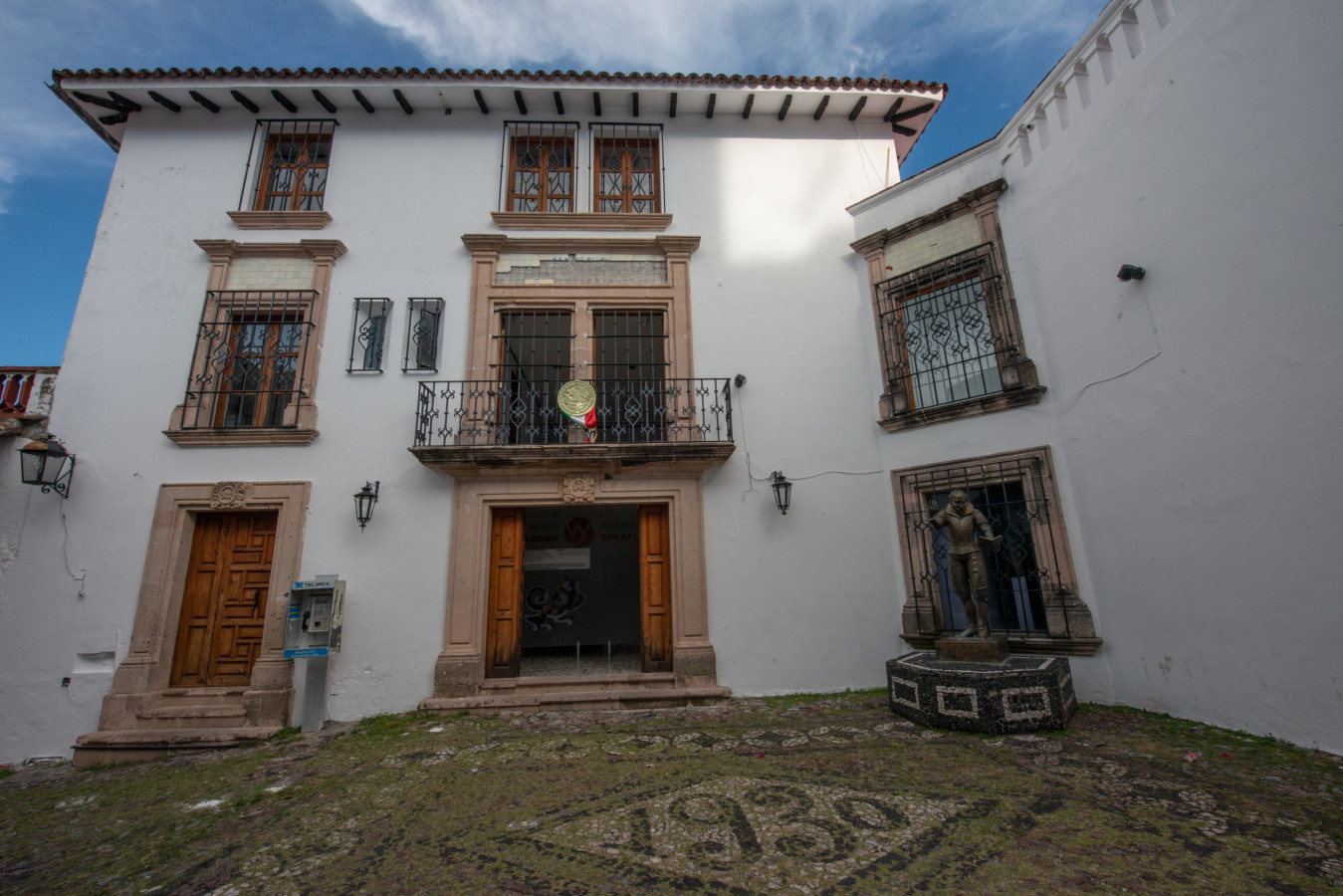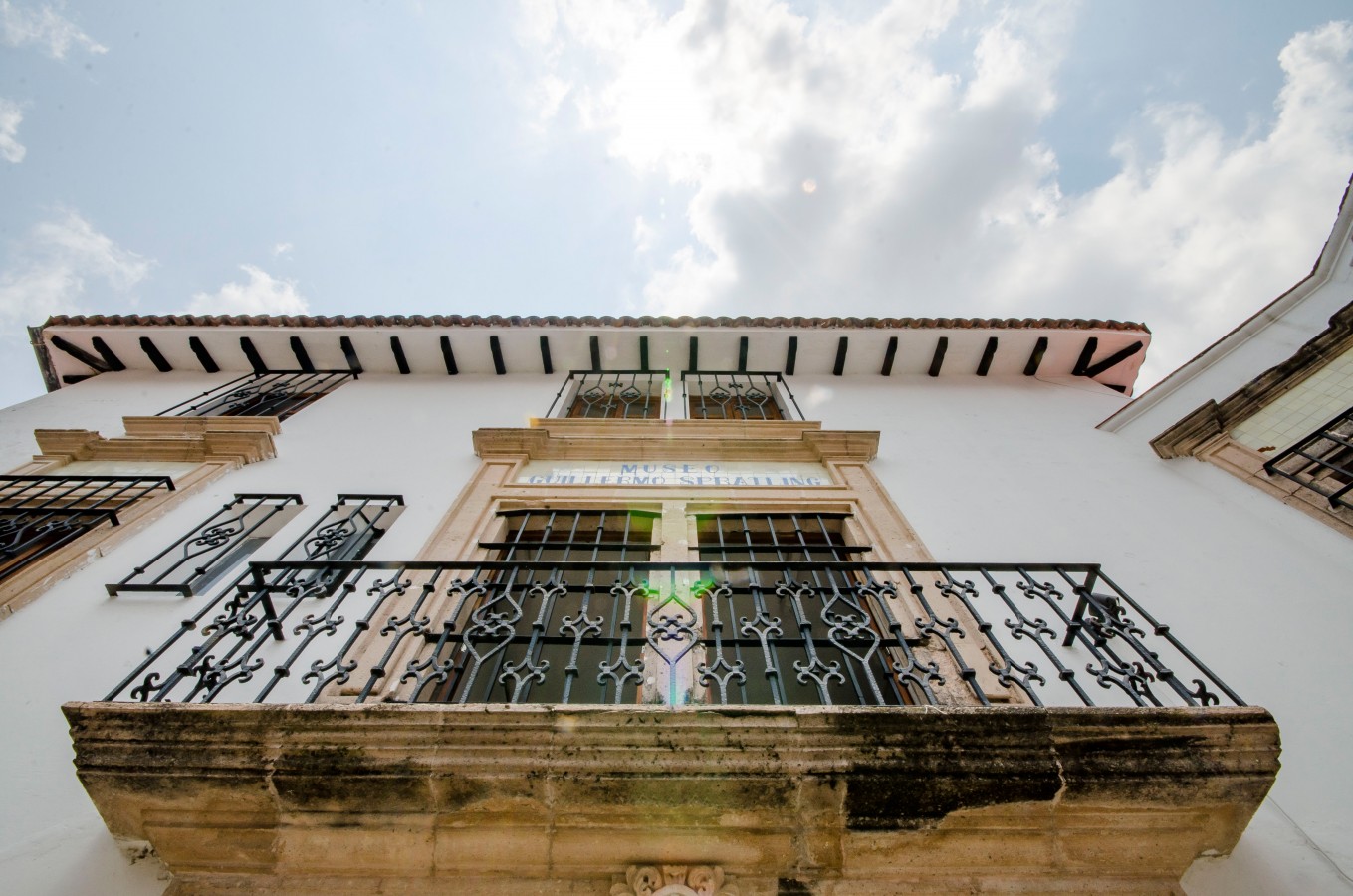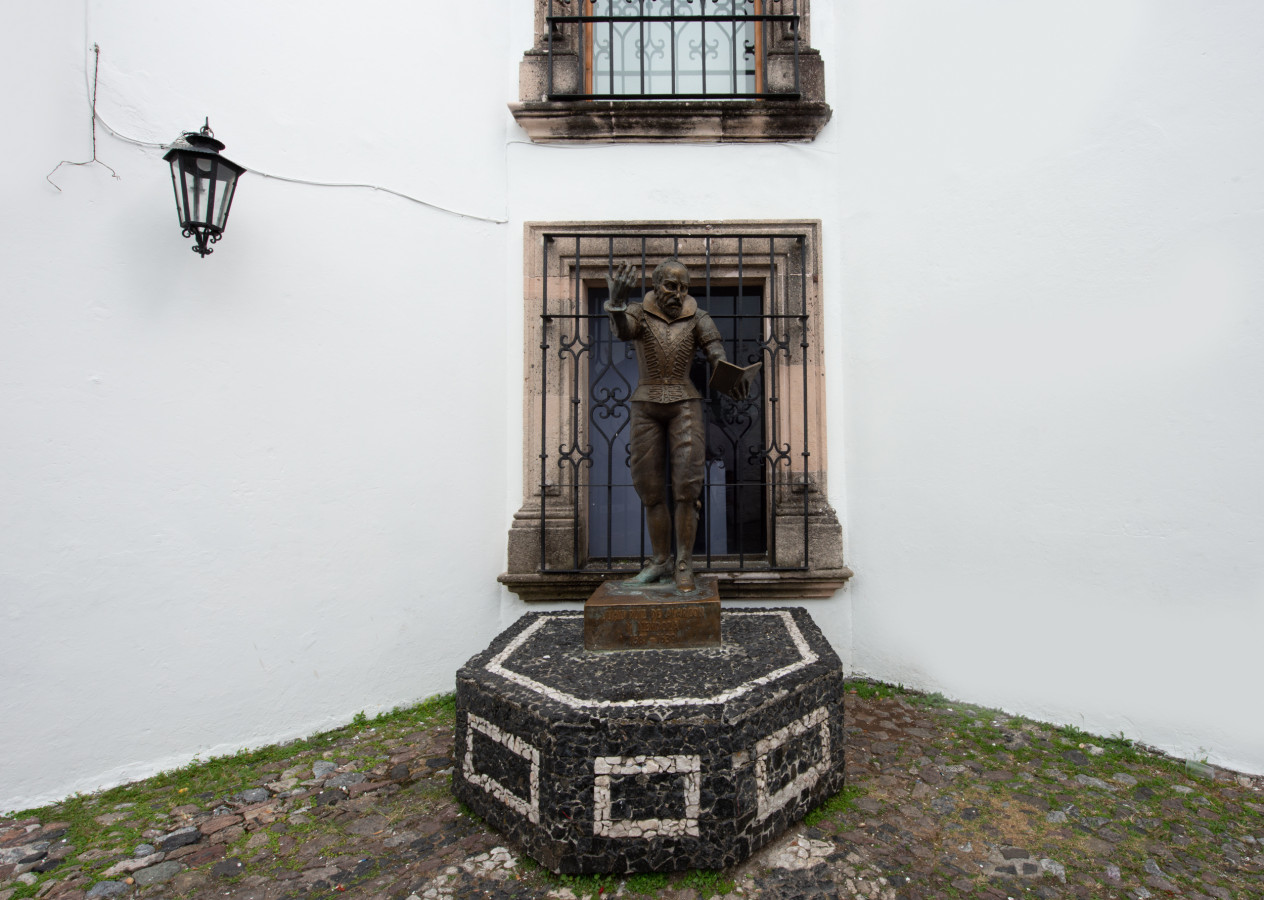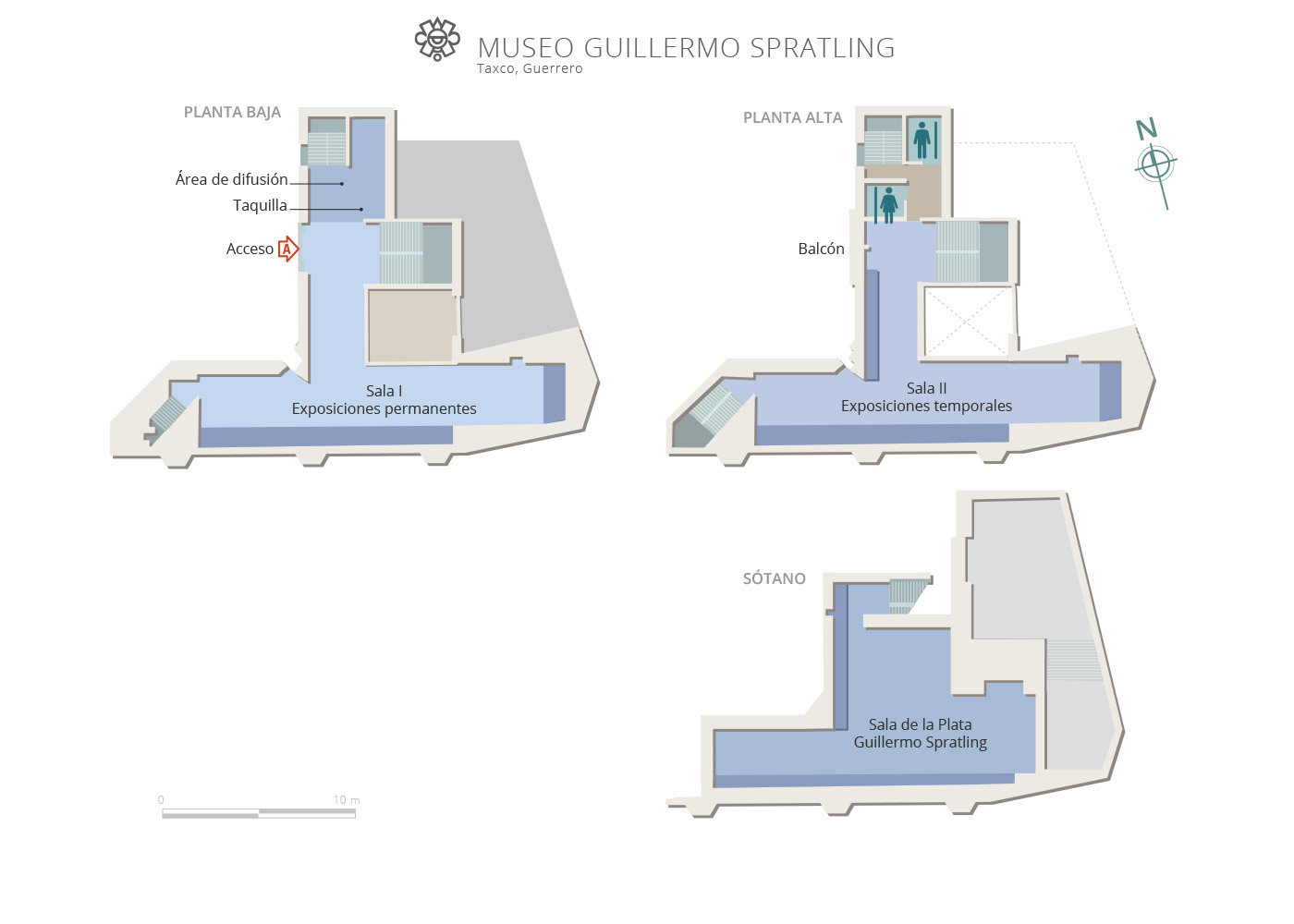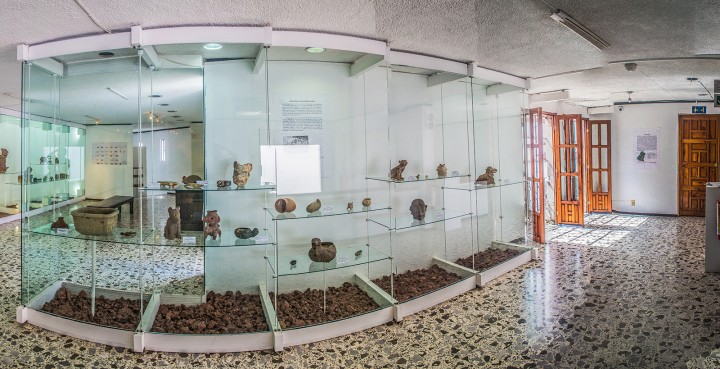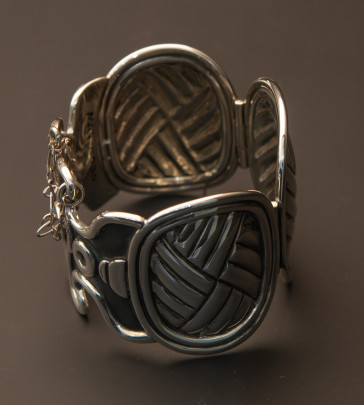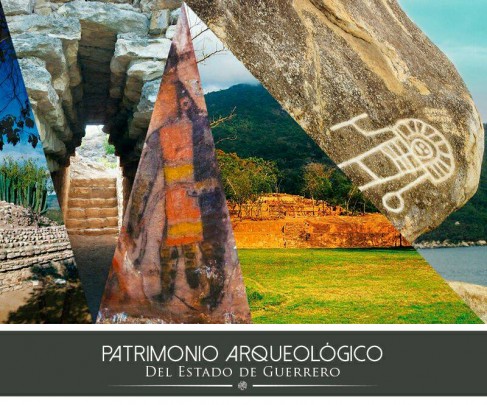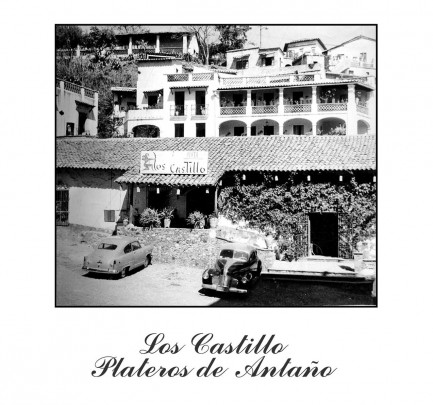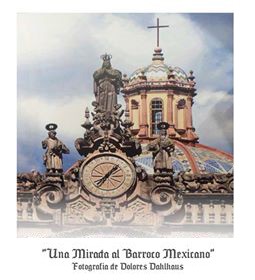Museo Guillermo Spratling
Spratling was a New York architect who settled in Taxco in 1929. He decided to make pre-Hispanic designs in the silver of the region and trained local artisans in his methods. He collected many beautiful pieces of pre-Hispanic art as well as copies, founding a great museum to house them.
Local
About the museum
The museum is named after William Spratling who revitalized Taxco by creating a silversmithing and plating industry. Spratling lived in the city from 1929, when he began his work with a group of silversmiths from Iguala, with whom he established his first workshop in 1931. He was a cartoonist, aviator, writer and gardener. In 1953 he was distinguished as a favorite son of the city of Taxco and a road was even named after him. Spratling dedicated himself to collecting pre-Hispanic works. He was initiated into this activity by Diego Rivera and it became his life’s passion. He eventually amassed a magnificent collection of archeological and historical objects, as well as reproductions. In 1960 he donated part of his collection to the UNAM and published the book More Human than Divine. When the National Anthropology Museum was launched three years later he donated his Mezcala-style objects to it. He died in 1967 and the rest of his collection of more than 2,000 objects passed to the city of Taxco, in accordance with his will. This is how the Guillermo Spratling Museum came to be founded in July 1975. The displays include original archeological objects and reproductions representing the five cultural regions of Mesoamerica. The most notable objects are from the Olmec culture in Guerrero, as well as a sample of the Mezcala-style gold, silver and stone work, mainly from Nayarit, Colima, Guerrero and the Huastec region of San Luis Potosi. A tour of the museum provides a historical outline of the city from its foundation up to the Revolution. Finally there is a space dedicated to silversmithing and to local religious festivals. The renovation of the permanent gallery began in 2005 with an emphasis on the life of William Spratling and his influence on silversmithing in Taxco, and in 2006 the Silver Gallery was launched.
January 1970
Map
Practical information
Tuesday to Sunday from 09:00 to 17:00 hrs.
$75.00 pesos
Porfirio A. Delgado No. 1,
Colonia Centro, C.P. 40200,
Taxco de Alarcón, Guerrero, México.
Colonia Centro, C.P. 40200,
Taxco de Alarcón, Guerrero, México.
Services
-
+52 (762) 622 1660
-
This email address is being protected from spambots. You need JavaScript enabled to view it.
-
FACEBOOK
Directory
Directora
Wendy Verónica Morales Quaas
This email address is being protected from spambots. You need JavaScript enabled to view it.
+52 (762) 622 16 60

